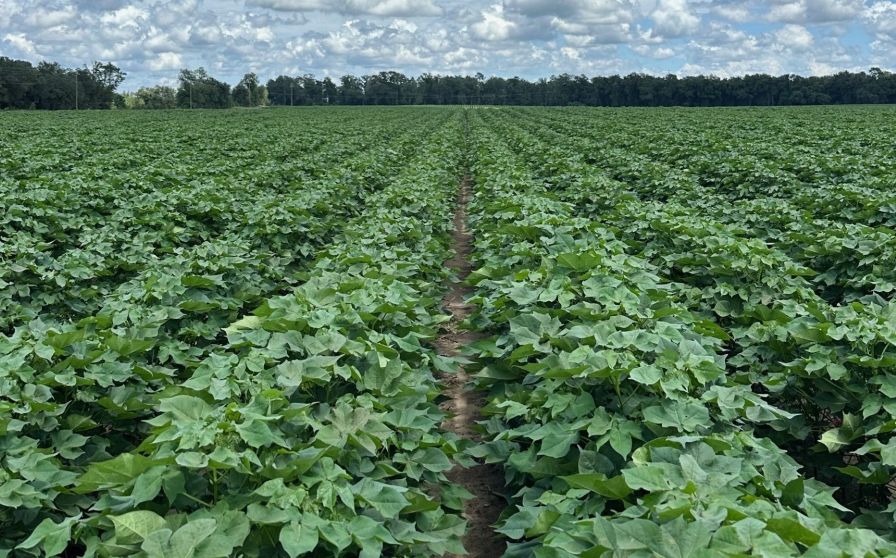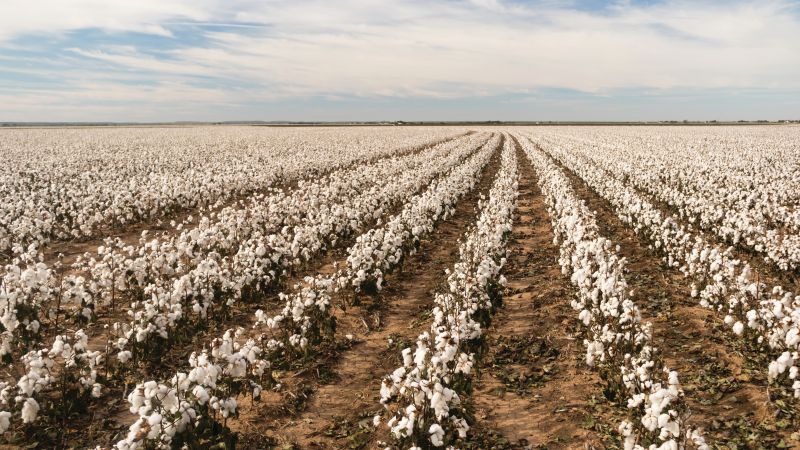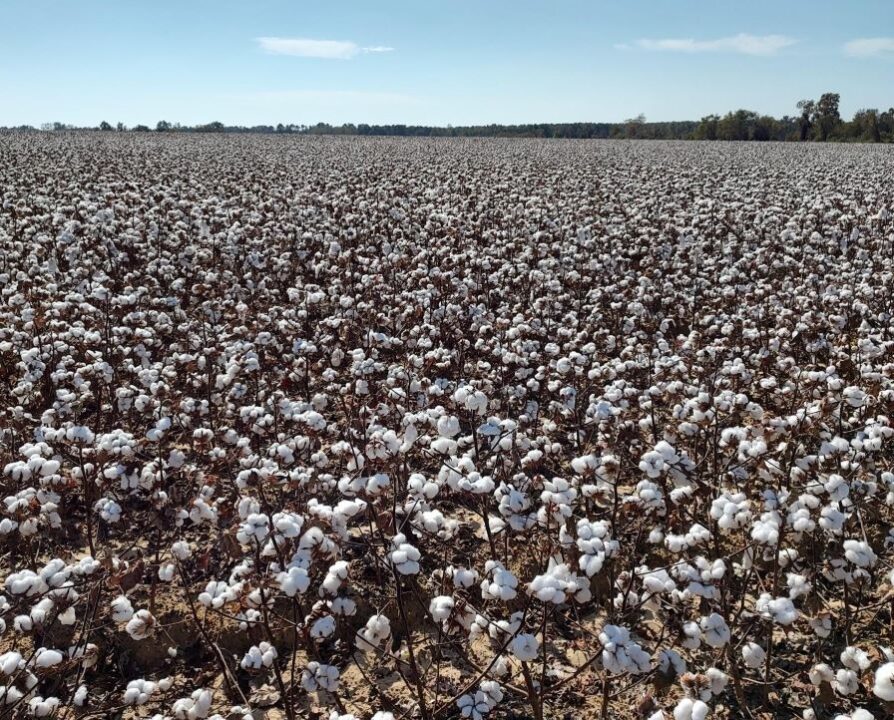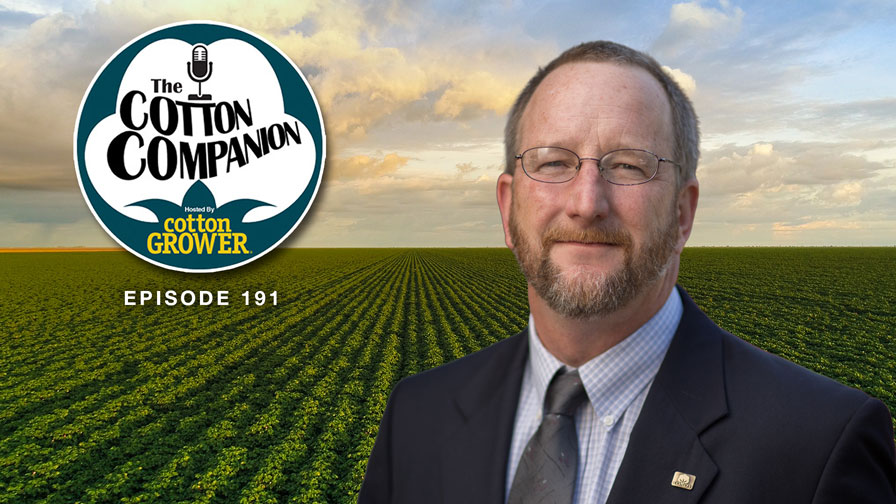Better Cotton Requires a ‘Whole of Industry’ Approach
As International Cotton Advisory Committee (ICAC) Executive Director Dr. Terry Townsend said during the 69th Plenary Meeting of the ICAC, allegations that potentially undermine consumer confidence in cotton, and thus encourage consumers to choose alternative fibers, are a serious threat to the sustainability of the industry. That’s why there must be a three-pronged response consisting of: 1) listening to allegations and considering appropriate strategies in response to valid concerns; 2) improving cotton’s performance by mainstreaming best practices; and 3) confronting egregious misinformation campaigns.
In other words, the cotton industry needs to have a range of coordinated strategies to ensure consumers continue to have confidence in cotton’s inherent characteristics and in the way it is produced.
The Better Cotton Initiative (BCI) is a broad-based membership organization that exists to make global cotton production better for the people who produce it, better for the environment it grows in, and better for the sector’s future. By “better,” BCI means a cycle of continuous improvement for the cotton farmer: Their farming practices are improving, profitability is increasing, and their impact on the environment is decreasing. BCI believes it can play an important role as part of an industry approach to maintaining consumer confidence in the way cotton is produced.
BCI is about helping growers transform farming practices in ways that reduce stress on the local environment and improve the livelihoods of farming communities. BCI wants to show farmers that it makes business sense to reduce pesticide usage, manage water better, improve soil health, look after fiber quality, and ensure the welfare of workers.
In addition, BCI takes a mainstream approach. For example, genetically modified cotton varieties are allowed under the definition of Better Cotton, provided those varieties are legally registered.
BCI is already helping farmers, with projects under way in Pakistan, India and Mali this year. By 2012, BCI hopes to be working with at least 100,000 farmers, producing 300,000 tonnes of Better Cotton lint.
A core philosophy of BCI is that a “whole of industry” approach is an effective–and perhaps even necessary–way to achieve its aim. It is critical that every link in the chain, from farmer through to the retailer, recognizes they have a role to play in ensuring the ongoing sustainability of the cotton industry. The increased scrutiny on the cotton supply chain, and the push for greater understanding of where cotton is grown, will lead to a more transparent and knowledgeable supply chain.
As the interest of consumers and retailers of cotton products in the sustainability characteristics of what they purchase increases, demand for cotton may decline if it develops a poor reputation based on its social and environmental impacts. Farmers, ginners, traders, weavers, knitters and spinners–and their representative organizations–each have a vital interest in adopting and promoting sustainable, productive practices in the cotton field to ensure consumer demand for cotton products does not fall due to negative consumer or retailer sentiment about how the material is produced. It is not just a development issue, it is an issue for the entire cotton industry.









